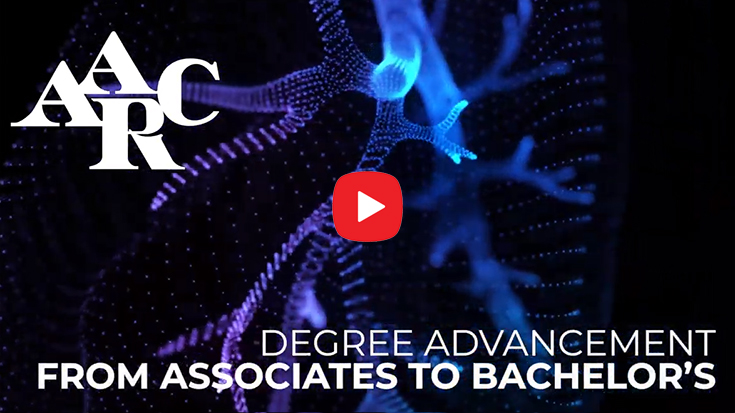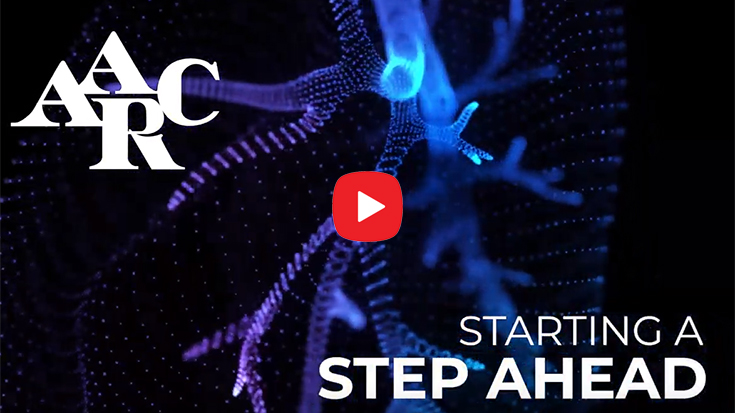
New! Career Pathways Videos
The respiratory therapist might also qualify for a different role in healthcare as a result of the earned degree, such as disease manager, case manager, or clinical specialist. An advanced degree would also provide the respiratory therapist with an educational pathway to becoming a manager, formal educator, or researcher. In 2007, the U.S. Public Health Service recognized that respiratory therapists with BS or MS degrees are eligible to become commissioned officers in the Clinical and Rehabilitation Therapist category.
- How many core credits are required in the program of study?
- How many minimum credits are required by the college to qualify for graduation?
- Will my prior college credits transfer to the college?
- If so, how will my prior college credits satisfy the program requirements?
- Does the program require the RRT credential prior to acceptance?
- How is the course content delivered (on-campus, online, or a combination of both)?
- Will I be required to physically visit the college during my course of study?
- Does the college set a time limit on how long it takes to complete my degree?
- Does the college require transfer credits to be recently earned (i.e. within the last 5 years, within the last 10 years, etc.)?
- What is the tuition cost per credit hour?
- What is the tuition cost for the program?
- Does the college charge a different fee for out-of-state students?
- Is this program accredited by the Commission on Accreditation for Respiratory Care (CoARC)? Note: In 2015, the CoARC developed a set of standards for degree advancement programs. However, this is a voluntary process. If the college that sponsors the degree advancement program also has an entry-to-practice respiratory care program, the quality of that program as noted on the CoARC Programmatic Outcomes Data may indicate the quality of the degree advancement program.
- Is the academic institution accredited by an agency recognized by the U.S. Department of Education?








